Getting into a car accident can be a stressful and overwhelming experience. Knowing what to do in the aftermath of a crash is crucial to protect yourself and your rights.
We will discuss the step-by-step process of handling car accident claims in Florida. From checking for injuries to filing a claim with your insurance company, we will cover everything you need to know to navigate the aftermath of a car accident in the Sunshine State.
Stay informed and prepared in case you find yourself in this unfortunate situation.
What to Do After a Car Accident in Florida?
Experiencing a car accident in Florida can be a stressful situation, but understanding the appropriate steps to take right after the accident can help safeguard your rights and ensure your safety. The initial actions should involve checking for injuries, contacting emergency services, and ensuring that everyone is secure and away from immediate danger at the accident location.
1. Check for Injuries and Call for Help
The primary concern following a car accident is to assess oneself and others for injuries and to request medical assistance if necessary.
Evaluating the injuries of those involved in the accident is crucial to ensure timely and proper medical care. In some instances, injuries sustained during car accidents may not be immediately apparent, underscoring the importance of a comprehensive assessment.
Engaging emergency services is essential as they can offer the required medical assistance and transportation to the hospital. Involving law enforcement helps in securing the accident site, collecting vital information for insurance purposes, and ensuring a clear documentation of the incident for any potential legal actions.
Taking these initial actions can significantly impact the well-being and recovery of all individuals affected.
2. Move to a Safe Location
If it is feasible, relocate the vehicle and individuals to a secure area to prevent additional accidents and guarantee the safety of all drivers involved. This action is vital as it assists in clearing the roadway for other vehicles and emergency personnel.
After moving the vehicle to a safe location, assess for injuries and evaluate the extent of the damage. Exchange contact and insurance details with the other drivers participating. Capture photographs of the accident scene and any pertinent information.
If required, inform the authorities and seek medical attention for yourself or anyone else who is injured. Maintain a composed and cooperative demeanor throughout the process to ensure a smooth and safe transition from the accident location.
3. Exchange Information with the Other Driver
It is important to exchange personal information and insurance details with the other driver involved in the accident to facilitate the accident claims process.
Ensure to exchange not only insurance company details but also contact information such as phone numbers and email addresses. Having accurate and updated information will greatly assist in resolving any potential issues that may arise during the claims process.
Accurately documenting the accident with a police report or incident report form is essential for providing a clear record of what occurred. This documentation can be crucial in determining fault and ensuring a fair resolution for all parties involved.
4. Gather Evidence
Gathering evidence from the accident scene, such as taking photos and obtaining a police report, is essential for supporting an insurance claim.
When collecting evidence, clarity is important for the photos taken, showing both the damage details and the general scene. It is advisable to take shots from various angles and close-ups to offer a comprehensive perspective.
Acquiring a thorough police report can provide an official version of the incident, including crucial information like the date, time, location, and witness statements. This data will enhance the case and serve as concrete evidence for the insurance claim.
5. Report the Accident to the Police
It is important to report the traffic accident to the police in order to obtain an official accident report, which will be important for your insurance claim. Once the police have been contacted, they will arrive at the scene to assess the situation and collect relevant information. Provide them with accurate details such as the location, time, and any injuries sustained.
The police report will record their findings, including statements from involved parties and witnesses, which can be crucial in determining fault. This official report is significant evidence when submitting a claim to your insurance company or if legal action is required, simplifying the process and ensuring fair compensation for damages.
6. Notify Your Insurance Company
In case of an accident, it is important to promptly inform your insurance company to initiate the accident claim process and verify that you possess the necessary insurance coverage.
After contacting your insurance company, they will assist you in the necessary steps for filing your claim. It is essential to be ready to provide specific accident details, including the date, time, and location, as well as information about any other vehicles or individuals involved.
Your insurance company may request a police report, medical records in case of injuries, and any relevant photos or documentation you may have. Providing accurate and timely information will help streamline the claims process and ensure you receive the necessary assistance during this challenging period.
How to File a Car Accident Claim in Florida?
Initiating a car accident claim in Florida requires several important steps, beginning with informing your insurance company and possibly seeking the assistance of a personal injury attorney to secure the appropriate compensation.
1. Notify Your Insurance Company
It is important to inform your insurance company immediately following an accident to initiate the accident claim process and utilize your Personal Injury Protection (PIP) insurance for immediate medical expenses.
Notifying your insurance provider promptly is essential as it enables them to assess the situation quickly and start the claims process efficiently. Personal Injury Protection (PIP) insurance is specifically designed to cover initial medical costs for injuries sustained in a car accident, regardless of fault.
This coverage can assist in paying for medical expenses and lost wages, alleviating the financial strain in the immediate aftermath of the accident. By promptly informing your insurance company, you can access the benefits of PIP insurance and receive necessary support without delay.
2. Gather Evidence
Collecting evidence like photos of the accident scene and getting a police report is important for supporting your accident claim. It’s crucial to gather documentation that clearly lays out the accident details, including witness statements, medical records, and any communication with insurance companies.
Photos showing your injuries, vehicle damage, and the surroundings can also serve as valuable evidence. Keeping records of all accident-related expenses, such as medical bills and repair costs, can bolster your claim.
Offering a thorough and well-organized set of evidence will significantly enhance the likelihood of a positive outcome when pursuing your accident claim.
3. Submit a Demand Letter
A demand letter is a formal document that states your claims, the compensation you are seeking, and provides supporting evidence to your insurance company. It typically includes a detailed description of the incident that caused the damages or injuries, a clear explanation of why the recipient is responsible, and any relevant laws or policy provisions that support your position.
The demand letter should also outline the specific amount of compensation you are requesting, including any medical bills, property damage costs, lost wages, and pain and suffering. Crafting a well-structured demand letter is crucial, as it serves as an official record of your claim and can be used as evidence if the matter proceeds to court.
4. Negotiate with the Insurance Company
Negotiating with the insurance company is often necessary to reach a fair settlement for your accident claim.
During negotiations, it is crucial to remain calm and focused on your desired outcome. Start by thoroughly understanding your policy coverage and the specifics of your claim.
Be prepared to provide evidence such as medical records, repair estimates, and any relevant documentation to support your case. Consider seeking legal advice or representation if the process becomes complex or overwhelming.
Remember to be assertive yet respectful in your communication, clearly outlining your needs and expectations. By approaching negotiations with preparation and a clear strategy, you can increase your chances of securing fair compensation.
5. Consider Hiring a Personal Injury Attorney
If negotiations with the insurance company are not resulting in fair outcomes, one may consider hiring a personal injury attorney from firms like Lavent Law, P.A. to assist with the case.
A personal injury attorney can provide various advantages in situations where negotiations come to a halt. These legal professionals bring a wealth of knowledge and experience to the process, aiding in navigating complex legal procedures and advocating for one’s rights.
By engaging the services of a proficient attorney, the chances of obtaining a fair settlement or succeeding in court are notably increased. The appropriate attorney will evaluate the situation, collect evidence, and formulate a robust legal strategy to optimize compensation. Their expertise can play a critical role in determining the outcome of the case.
What If the Other Driver Doesn’t Have Insurance?
If the other driver is uninsured, Florida law permits you to either file a claim with your own insurance company under your uninsured motorist coverage or to initiate a lawsuit against the uninsured driver for compensation.
1. File a Claim with Your Own Insurance Company
A claim should be filed with one’s own insurance company under their uninsured motorist coverage to pursue compensation for damages.
Uninsured motorist coverage is specifically designed to protect individuals in accidents caused by drivers without insurance. By submitting a claim with their insurer, individuals can recoup costs for medical bills, lost wages, and vehicle repairs in collisions where the at-fault driver lacks insurance.
This coverage intervenes to safeguard individuals in scenarios where the at-fault driver is unable to cover the expenses, providing financial security and peace of mind. It serves as an important safety measure to prevent individuals from being financially burdened by uninsured motorists’ actions.
2. File a Lawsuit Against the Uninsured Driver
A lawsuit can be filed against the uninsured driver to seek compensation for damages and injuries resulting from the accident. In such situations, the legal process usually involves collecting evidence to support the claims, such as medical records, photos, witness statements, and other relevant documents.
When initiating a lawsuit, various forms of compensation can be pursued, including medical costs, lost income, pain and suffering, and property damage. It is important to have legal representation to navigate the complexities of the legal system, negotiate with insurance companies, and ensure protection of rights.
An experienced attorney can represent the individual and work towards achieving a fair settlement or pursuing a successful trial outcome.
What If the Insurance Company Denies Your Claim?
If an insurance company denies a claim, individuals have the option to review their policy, appeal the decision, and, if necessary, file a lawsuit against the insurance company to seek the compensation deserved.
1. Review Your Policy
The initial action to take if a claim is denied is to carefully examine the insurance policy to comprehend the coverage and the reasons behind the denial.
Review the policy for specific information such as coverage limits, exclusions, and necessary documentation. Common reasons for denial may include submitting incomplete forms, lack of medical necessity, or surpassing benefit maximums. If any discrepancies are identified, it is advisable to highlight them and contact the insurance company for clarification.
Be ready to provide any additional information or documentation that could support the claim. Addressing misunderstandings or discrepancies promptly may enhance the likelihood of having the claim approved upon further review.
2. Appeal the Decision
If a claim has been denied and you feel it was done so in error, it is possible to request a review by submitting an appeal to your insurance provider.
To initiate the appeals procedure, it is crucial to collect all necessary documentation that supports your case. This may involve medical records, bills, and any other pertinent paperwork.
Once this information has been gathered, the next step is to create a compelling appeal letter. In the letter, clearly articulate why you believe the denial was unjust and present any additional evidence that bolsters your argument.
Following the submission of the letter, it is important to take a proactive approach in following up with the insurance company to ensure that your appeal is being processed and reviewed promptly.
3. File a Lawsuit Against the Insurance Company
If an appeal is unsuccessful, the next step could be filing a lawsuit against the insurance company to seek compensation and enforce rights. Throughout the legal process of suing an insurance company, there are several stages involved, such as filing a complaint, engaging in pre-trial discovery, attending settlement conferences, and eventually going to trial.
It is important to be prepared for a potentially lengthy procedure that involves gathering evidence, presenting arguments, and meeting court deadlines.
In cases like these, having legal representation is crucial, as experienced attorneys can navigate complex insurance laws, negotiate settlements, and advocate for the individual’s best interests during the litigation process.
Frequently Asked Questions
What should I do immediately after a car accident in Florida?
After a car accident in Florida, the first thing you should do is check yourself and others involved for injuries. If anyone is injured, call 911 for medical assistance. You should also exchange information with the other driver and document the scene with photos and witness statements.
Do I need to report the car accident to the police in Florida?
Yes, Florida law requires you to report any car accident that results in injury, death, or property damage over $500 to the police. It’s important to do this as soon as possible after the accident, even if you think it was minor.
How long do I have to file a car accident claim in Florida?
In most cases, you have four years from the date of the accident to file a car accident claim in Florida. However, there are some exceptions, such as if the accident involves a government vehicle or if you were a minor at the time of the accident.
What if the other driver doesn’t have insurance in Florida?
If the other driver is at fault and does not have insurance, you can file a claim with your own insurance company under your uninsured/underinsured motorist coverage. This coverage is required in Florida and can help cover your damages and injuries.
Should I accept the first settlement offer from the insurance company in Florida?
No, it’s important to consult with a car accident attorney before accepting any settlement offer from an insurance company in Florida. They can help you determine if the offer is fair and if you may be entitled to more compensation for your damages.
What if I was partially at fault for the car accident in Florida?
In Florida, if you are found to be partially at fault for a car accident, your compensation may be reduced by the amount of fault assigned to you. However, you may still be able to receive some compensation for your damages. It’s important to consult with an attorney to determine your options in this situation.

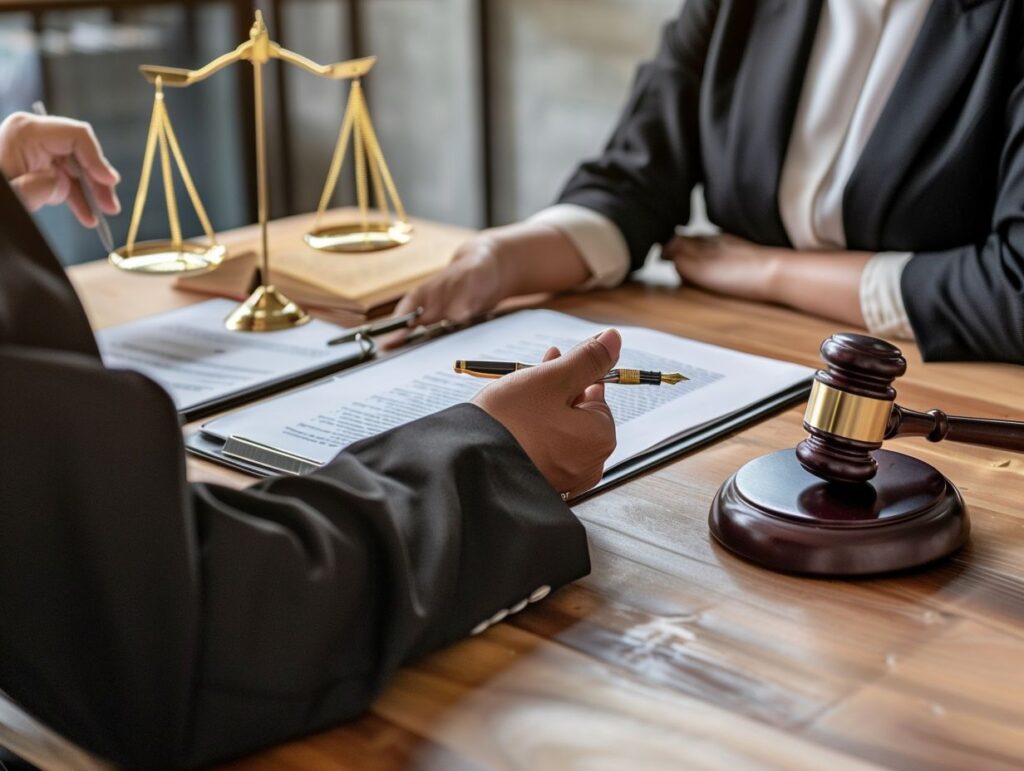
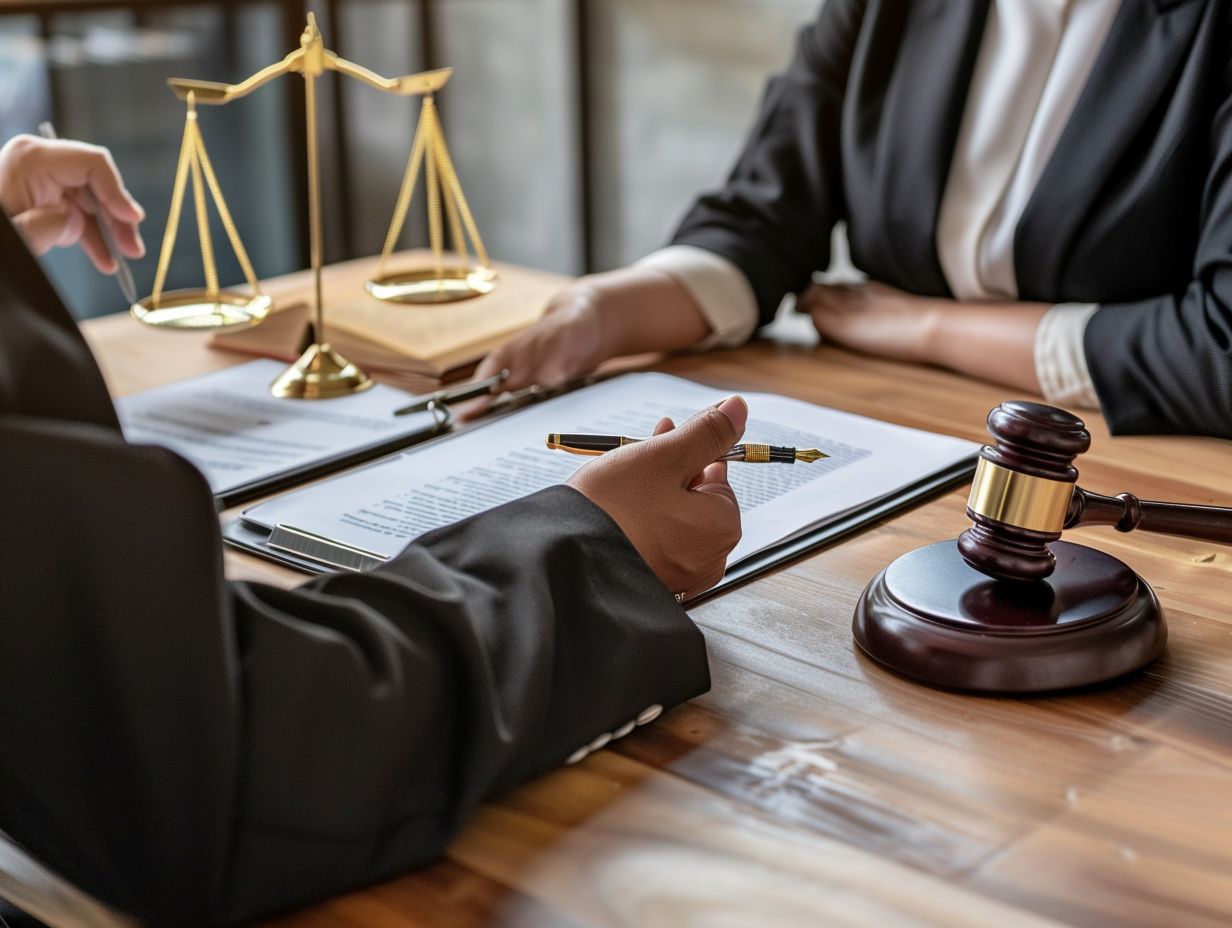
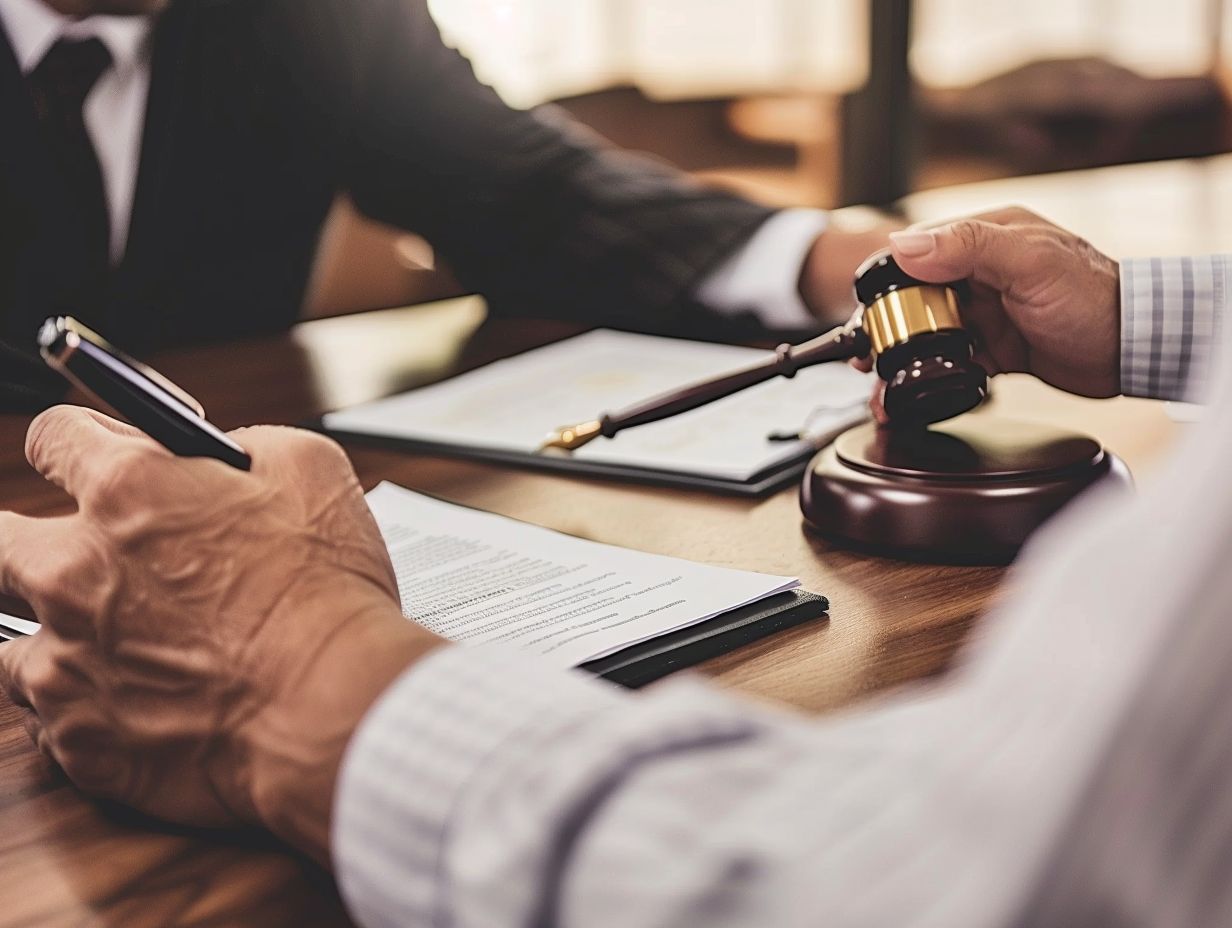
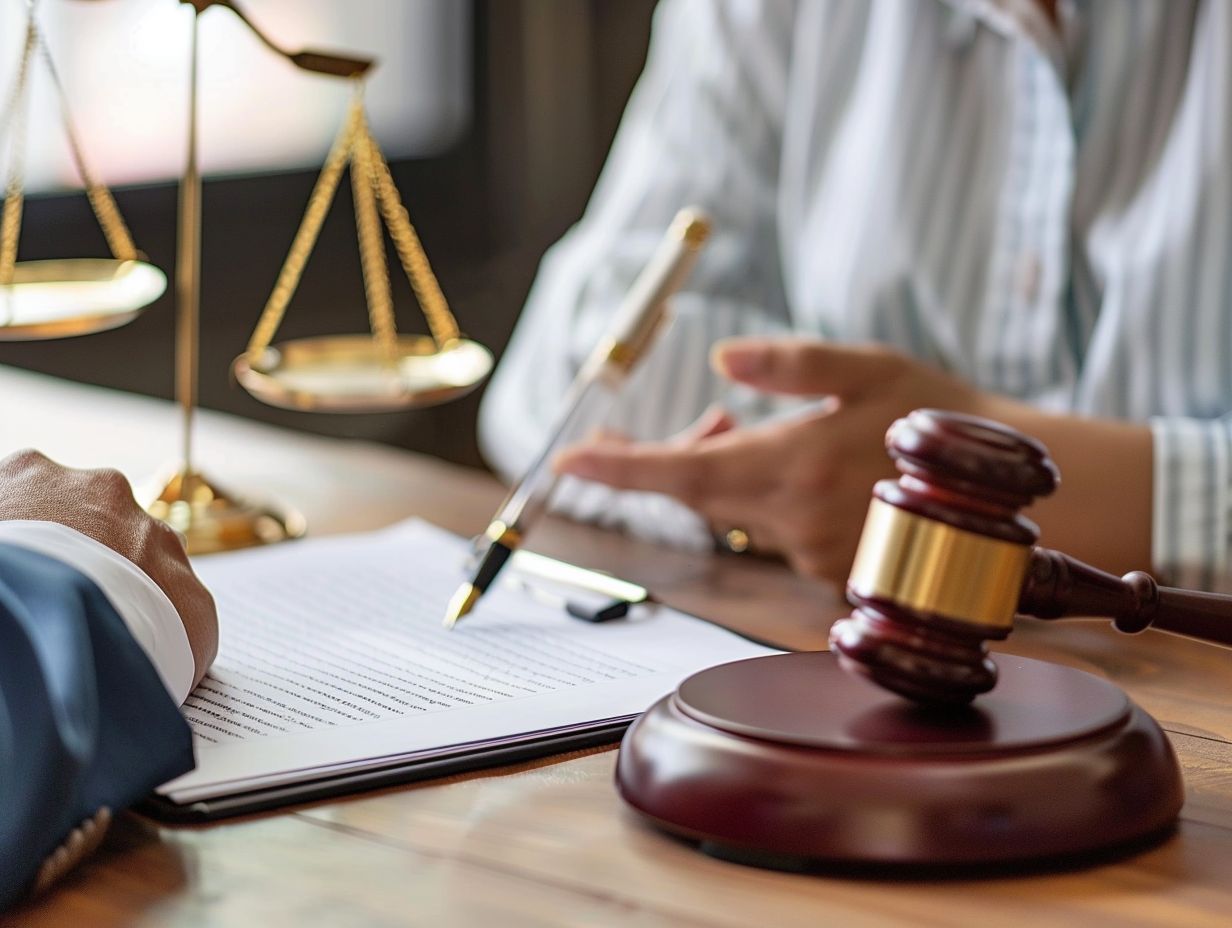
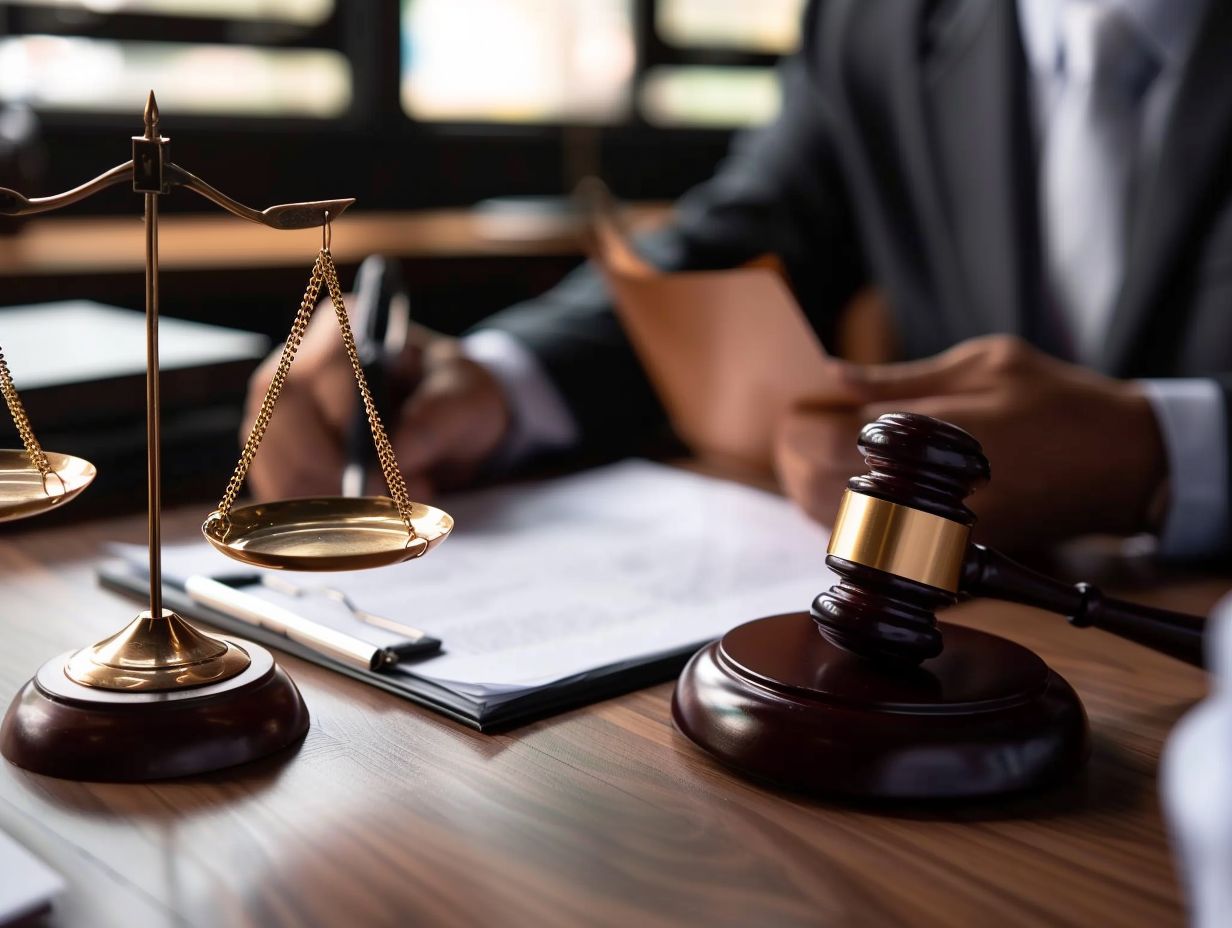





















Rate this article:
Average rating 0 / 5. Vote count: 0
No votes so far! Be the first to rate this post.
No Comments yet!